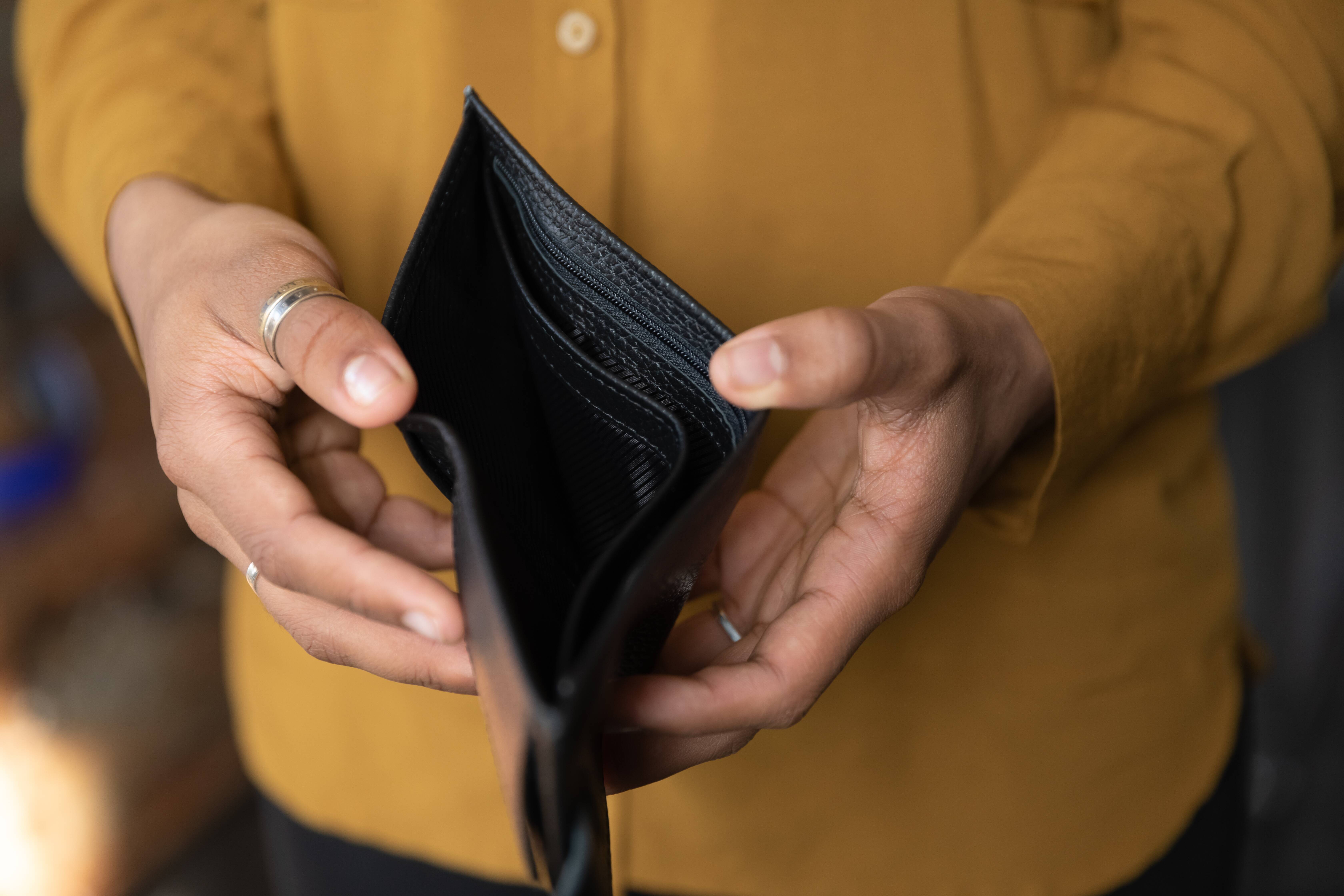I suspect that for profit companies seeking to use ‘educational fair-use exception for copyrighted data’ trained models to profit are going to ultimately be in a world of hurt.
They should certainly move their training companies, if they want to make "profit" out of it, to places where it is allowed. If the US law determines that scraping the Internet to create a model is illegal, it doesn't follow that everything generated by the model is infringing copyright by itself (unless the US has a very extensive definition of derivative work, including one with 0 similarity to anything). In this case, it's only a matter of moving their webservice to some more AI-friendly place and sell the service from there to US customers. Costly and inconvenient, but I am pretty sure those greedy billion-dollars-making companies can afford it, it wouldn't be "world of hurt" level. Free software can easily move, also.
Here’s a question for the thread.
Suppose their was an AI that you could submit an image to and it could tell you if it was copyrighted or a derivative work of something that was copyrighted.
That would be an amazing service I think artists and everyone could get behind. There could even be an additional service where images on the web could be filtered through this ai to find those infringing on your copyrights.
But what if the only way to have this would be by initially scrapping the internet and obtaining all the copyrighted images.
Not certain it's technically feasible because the AI model learns concepts by examining several images, not learning, within each image, what combination of concepts it found. It would require actually storing a lot more data (compressing the whole database of image) which is radically different from what generative AI does. It would need to work like the less informed persons think generative AI work, by compressing each datapiece it was trained on. Plus, it would need to be able to identify derivate works, which there is little chance every juridiction will agree on the criteria. And even within a juridiction, judges are needed to decide on ambiguous case. So it would be difficult to train an engine to apply rules that can't be strictly determined. But if it was possible by just scraping, sure, what's the problem? Generalizing, it would be able to detect even unintentional breach of copyright (like someone drawing a mermaid and wanting to be sure it won't be sued by Disney before publishing). I can see it would be generally useful enough to be hosted by a public cultural institution as a public service, and under the TDM exception in the EU it wouldn't even need to respect opt-out in this case. It would be a great development, if it was feasible.
None of the specific ai stuff applies to your question about consuming something in general and not paying for it being legal.
Outside of fair use, the TDM exception in the EU (and other countries with similar provisions) provides for a specific exception to copyright, allowing specifically the training on data that is publicly available (with or without, depending on the cases, the possibility of an opt-out). I don't see anything new here: states use their resources to enforce a copyright-owner exclusive monopoly over works he created, and such effort has always been tied to counterparts: the monopoly is temporary (leading to the work entering public domain), the author can't forbid use in libraries, he can't forbid private copy for the use of the copymaker, it can't forbid excerpt for quotation purpose or satire, the author of a song can't prevent people from singing it in their shower and so on....Depending on your local laws, the list might be slightly different.
All these exceptions strive to achieve a balance between the greater good of having better-compensated artists (in the hope they will be prompted to create more and better art than in the period before copyright, where we had only Molière, Mozart, Shakespeare, Da Vinci, Botticelli, in a word, no real art being created because of that lack of copyright), better public access to art (hence the need for it to be revealed to the public one way or another, or a painter can't forbid people to paint copies of their works from a museum) and the cost of the public enforcement of the monopoly, that is borne by all taxpayers. Adding a new exception like "you can't forbid AI training" is just incorporating a new exception to improve the equilibrium for our times (or clarifying if it was considered that the legislative body didn't intend to include scraping as part of the monopoly granted to author in the first place, before scraping was a thing). And writing it in law instead of relying on precedent is just good practice to avoid the juridical uncertainty that seems to be plaguing the US right now.


